Nearly 50 international war correspondents who covered the war in Vietnam had a special reunion between Saigon and Ho Chi Minh City on the occasion of the whole country preparing to celebrate the 50th anniversary of the Liberation of the South and National Reunification Day (April 30, 1975 - April 30, 2025).
Together they recalled their memories of their days on the battlefields, their attachment to the country and the Vietnamese people during those difficult years. Although they held different positions, they all shared a love for Vietnam.
Painful memories
On the metro from the center to the outskirts of Ho Chi Minh City, we heard the story of a war correspondent, Mr. David Devoss. In 1972, the young American man, then a reporter for the New York Times, was assigned to cover the war in Vietnam.
During nearly 3 years of “rolling around” on the battlefields from Saigon to Tay Ninh , he witnessed many heartbreaking stories. The flames of war took the lives of many innocent people. Many children were orphaned, many families lost their loved ones.
“While reporting on a fierce battle in the An Loc area (Tay Ninh), I was seriously injured. Many pieces of metal damaged my right knee, leaving me unable to walk normally forever. I continuously wrote many articles condemning the war, condemning actions that harm human life. The losses in war are irreparable," said Mr. David Devoss.
Sharing the same memories of the pain and loss caused by war as Mr. David Devoss, another war correspondent for the New York Times and TIME Magazine, Mr. Tom Fox told us his story in Vietnamese: “Because I hated war, I refused to join the army. I went to Vietnam as a volunteer. I went everywhere in the South to help orphans and families who were poor due to the war. That's why I understand more deeply the pain caused by war."
Mr. Tom Fox, former reporter for The New York Times and TIME Magazine, speaks fluent Vietnamese. (Photo: Hong Giang/VNA)
During his volunteering time, Mr. Tom Fox began learning Vietnamese and became a war correspondent so that he could tell the world about the hardships that the Vietnamese people were enduring.
Having covered the US military withdrawal from Vietnam in 1973, Edith Madelen Ledever, the only one of the 47 war correspondents who returned to Vietnam on April 30 who is still working (she is currently the AP Bureau Chief at the United Nations), said that at that time, she was the only female war correspondent in Vietnam in 1973. After her, several other female colleagues were also sent to Vietnam by AP.
“Although we are women, we are not afraid to rush into the battlefield, reporting on all the hot spots. The heartbreaking thing is that compared to our hardships, the losses of the Vietnamese people are much greater. We are always troubled when remembering the painful memories of the war, where many of our Vietnamese friends and colleagues fell,” Ms. Edith Madelen Ledever emotionally recounted.
One love
Returning to Vietnam after half a century (since April 30, 1975), war correspondents together recalled many painful memories but also mixed with happiness. They shared a love for Vietnam, a beautiful country and tolerant people. After liberation, some war correspondents returned to Vietnam, married Vietnamese women, learned Vietnamese and understood and loved this country more.
Mr. Tom Fox shared that he had studied Vietnamese for 5 months. He had read many Vietnamese literary works, especially " The Tale of Kieu" by Nguyen Du. From there, he gradually developed feelings for the country and people of Vietnam, so he returned to the South as a war correspondent.
“During my time as a war correspondent in Vietnam, I had the honor of meeting Mr. Pham Xuan An, a famous intelligence officer. From here, I had the opportunity to meet my current wife, a girl from Can Tho. We have lived happily together for more than 50 years, have 2 children and 3 grandchildren. The love for Vietnam has never faded in my heart," Mr. Tom Fox added.
After Vietnam's liberation, Mr. David Devoss always wanted to return to An Loc, where he left one of his legs, but failed. It was not until 1990 that he returned to Vietnam to write an article about overseas Vietnamese families (those who left in 1975) who returned home, developed their businesses and contributed to Vietnam. "Vietnamese people are always gentle and hospitable. Vietnam has recovered after the war but still has many difficulties. That was in the 1990s. Now I see a completely different Vietnam. More beautiful, richer," Mr. David Devoss shared more.
Present in Vietnam to cover both wars (against American imperialism and the fight to protect the northern border), Mr. Jim Laurie, a former war correspondent for NBC News, recounted that he was one of the few war correspondents to witness the events of April 30, 1975.
In his memory is the image of tanks entering the city. People poured into the streets to welcome the liberation army and share in the joy of the successful resistance war, the country being reunited.
“At around 10am on April 30, 1975, I was present when Duong Van Minh announced his surrender to the liberation army. The moment the war ended is something I will never forget. After that, I always paid attention to and followed the process of reconstruction, innovation and development of Vietnam later on," said Mr. Jim Laurie.
Representatives of former domestic and international war correspondents attended the exchange in Ho Chi Minh City. (Photo: Hong Giang/VNA)
Perhaps, Mr. Jim Laurie is one of the few war correspondents who witnessed both wartime and peacetime in Vietnam. After liberation, he returned to Vietnam many times in 1986 (after the renovation), 2000 and most recently 3 months ago.
“I spent time traveling across Vietnam and witnessed the complete change after 50 years of liberation. Compared to what I witnessed during the war, Vietnam has gradually overcome its bomb-filled past and is developing more and more strongly," Mr. Jim Laurie added.
Like Jim Laurie, Mr. Nayan Chanda, a war correspondent in Vietnam, decided to stay after April 30, 1975 while his colleagues left one by one.
Mr. Nayan Chanda said: “After the tanks entered to liberate Saigon, at noon people poured into the streets to celebrate the victory. Everyone met each other and shook hands, even though they were from different directions, they treated each other like brothers and sisters, asking each other questions very warmly. Those images were very warm and impressed me."
Later, Mr. Nayan Chanda wrote many articles and books about Vietnam. In his works, he always conveyed the message "The love of the Vietnamese people for their country is something the whole world should learn"./.
(Vietnam+)
Source: https://www.vietnamplus.vn/50-nam-thong-nhat-dat-nuoc-phong-vien-chien-truong-va-tinh-yeu-viet-nam-post1035771.vnp


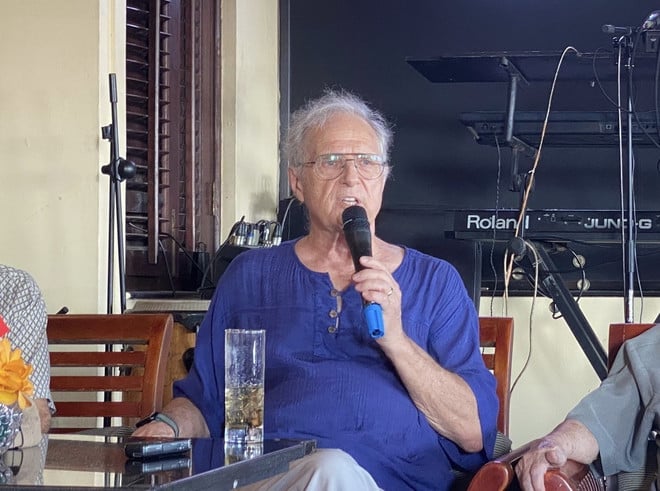
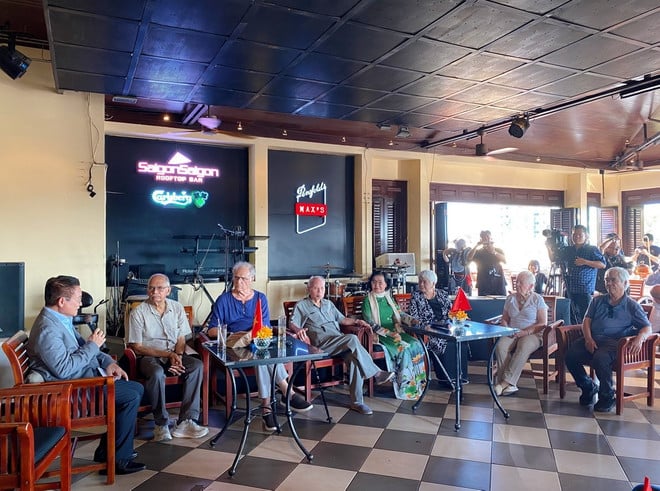


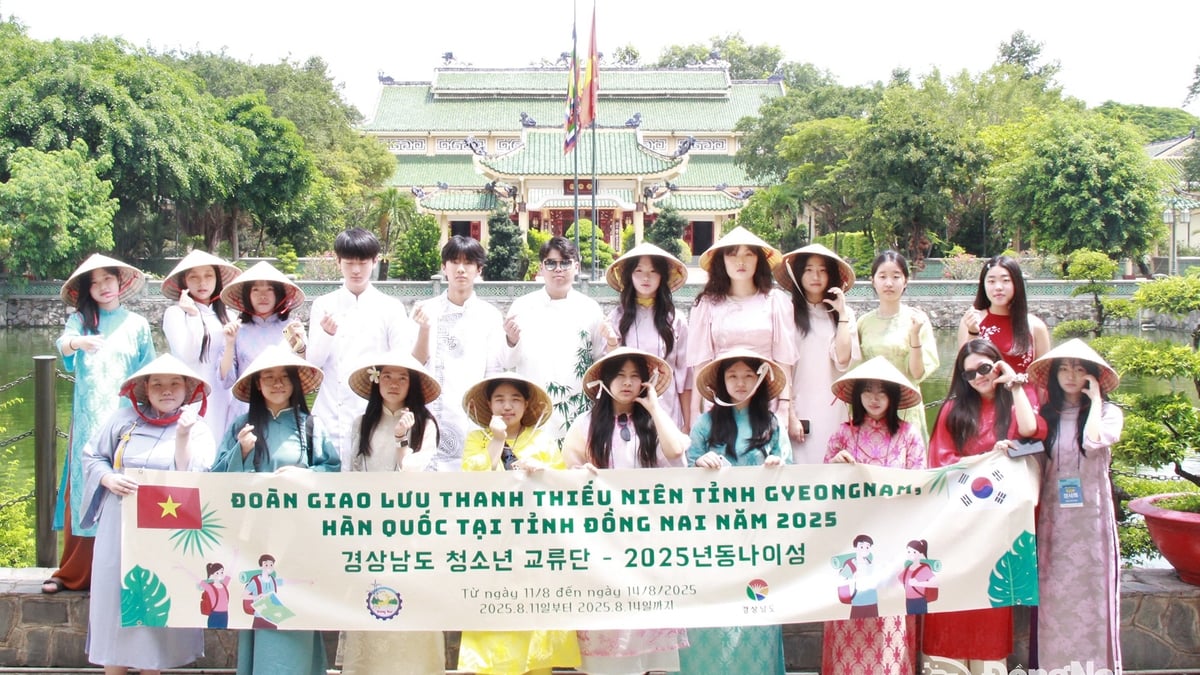
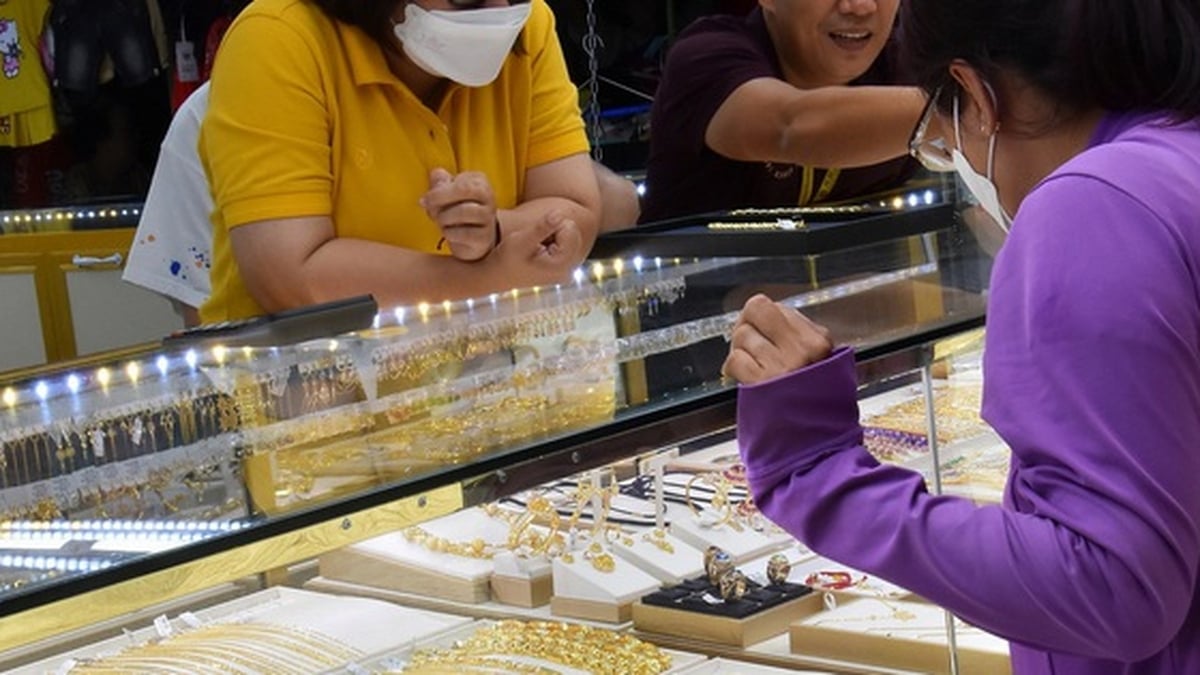
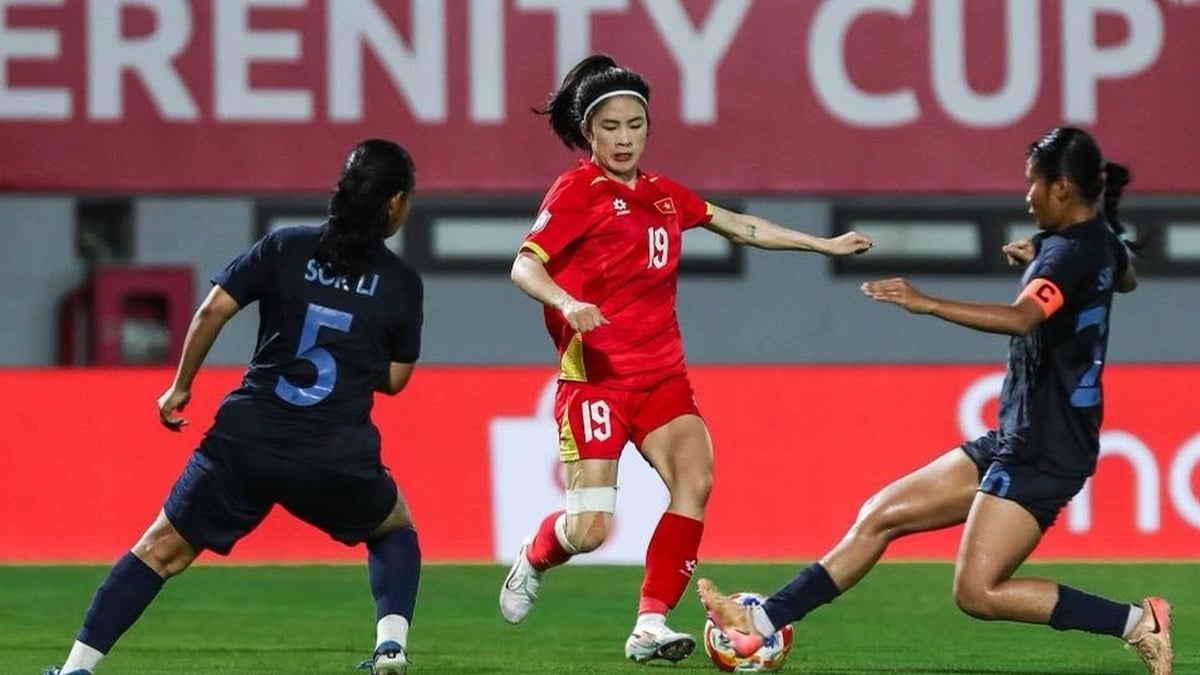
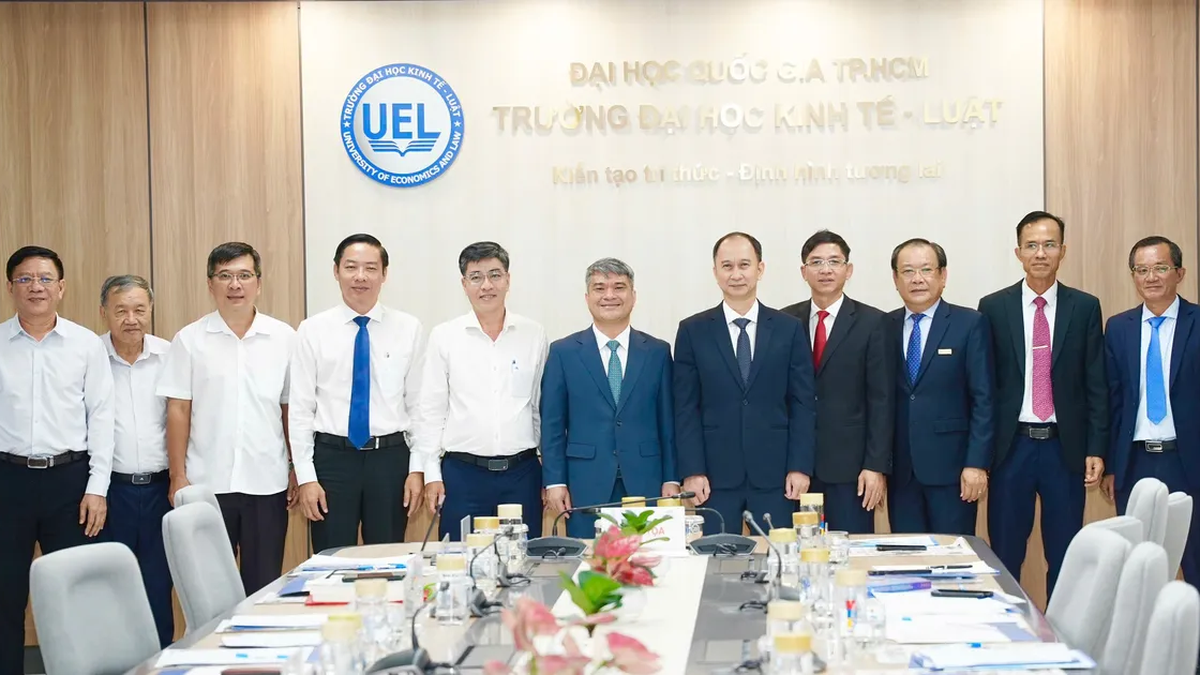
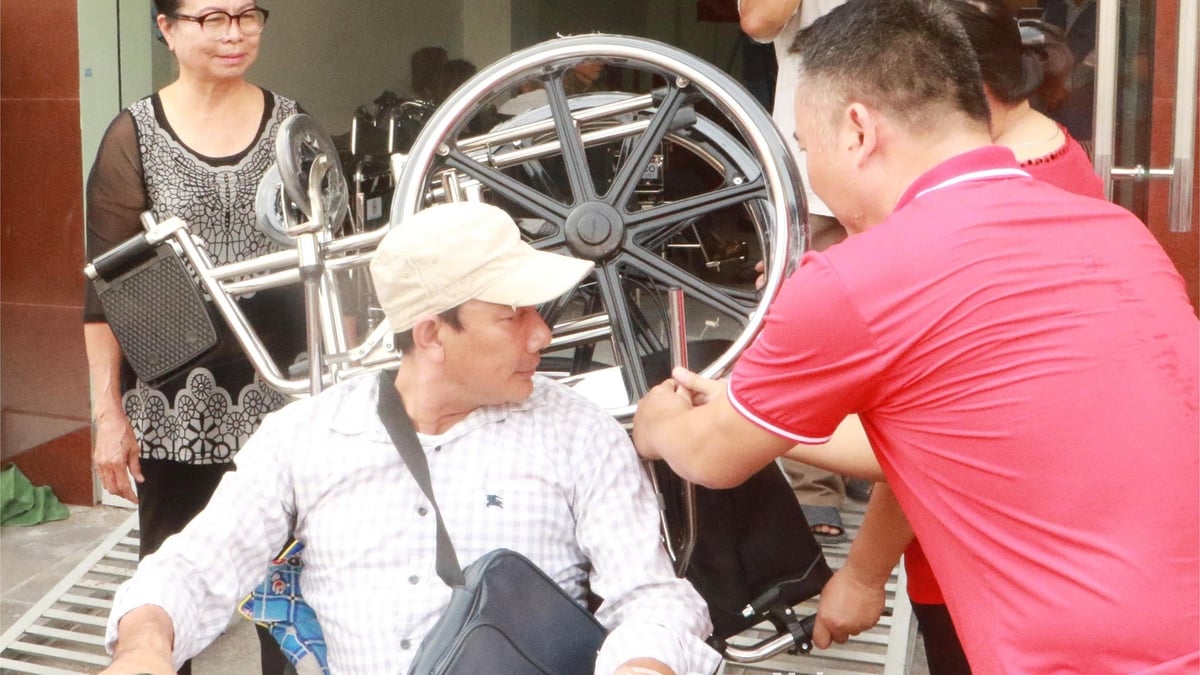
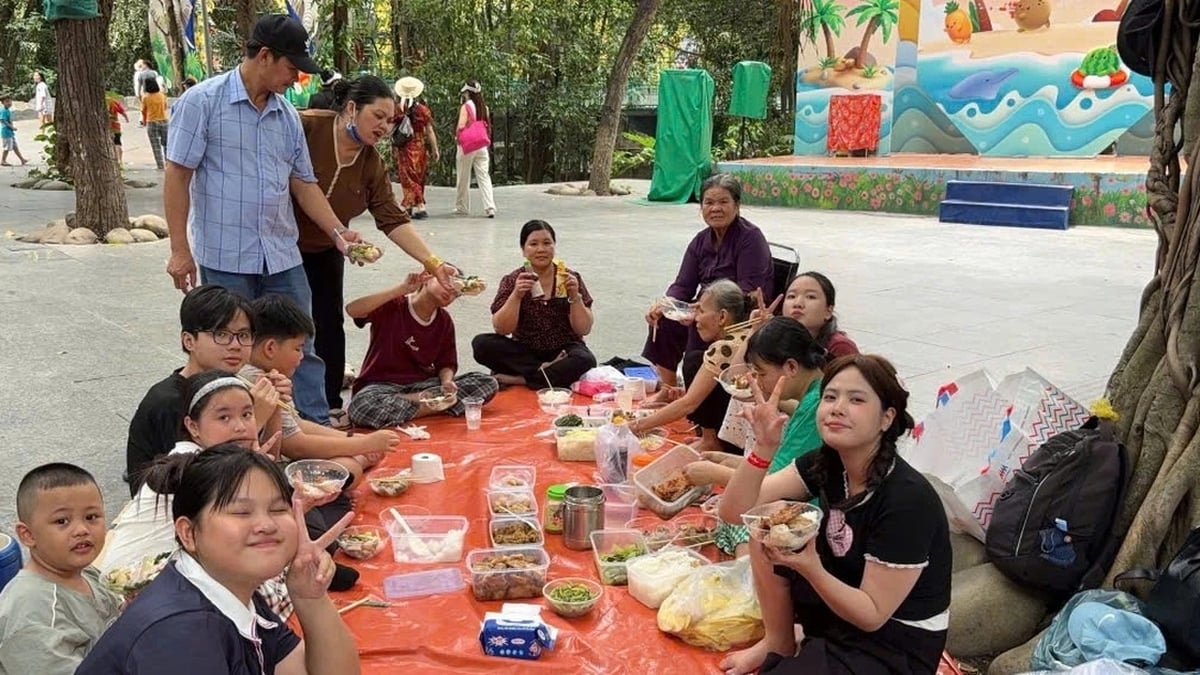
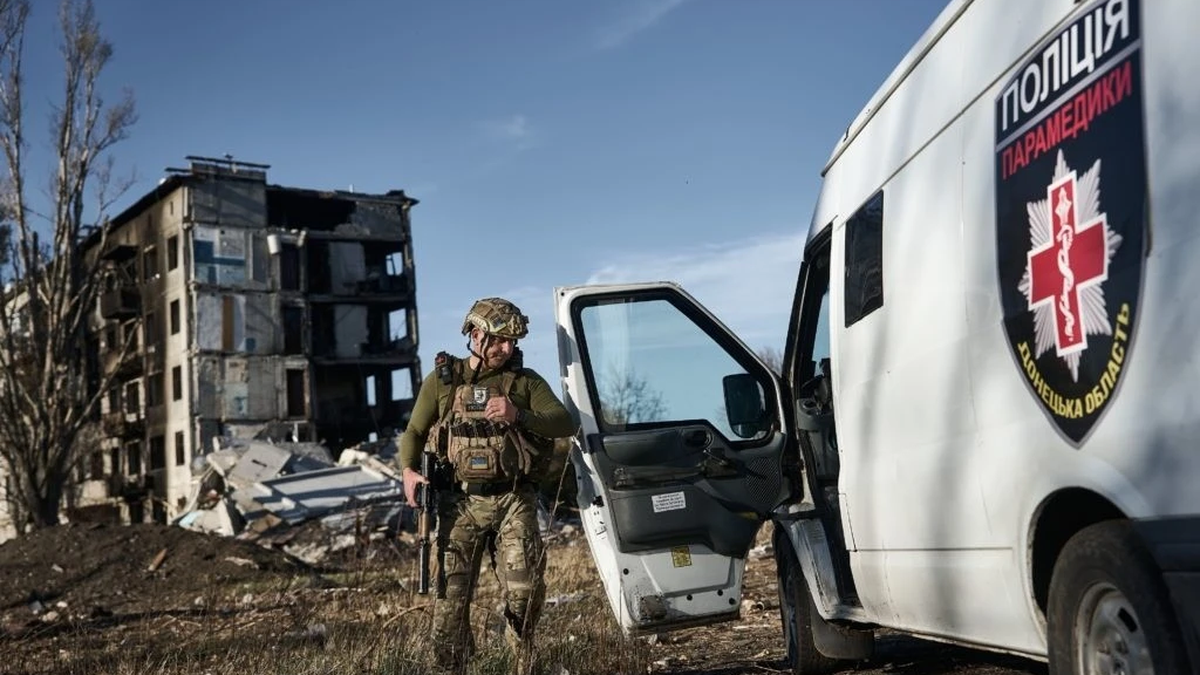
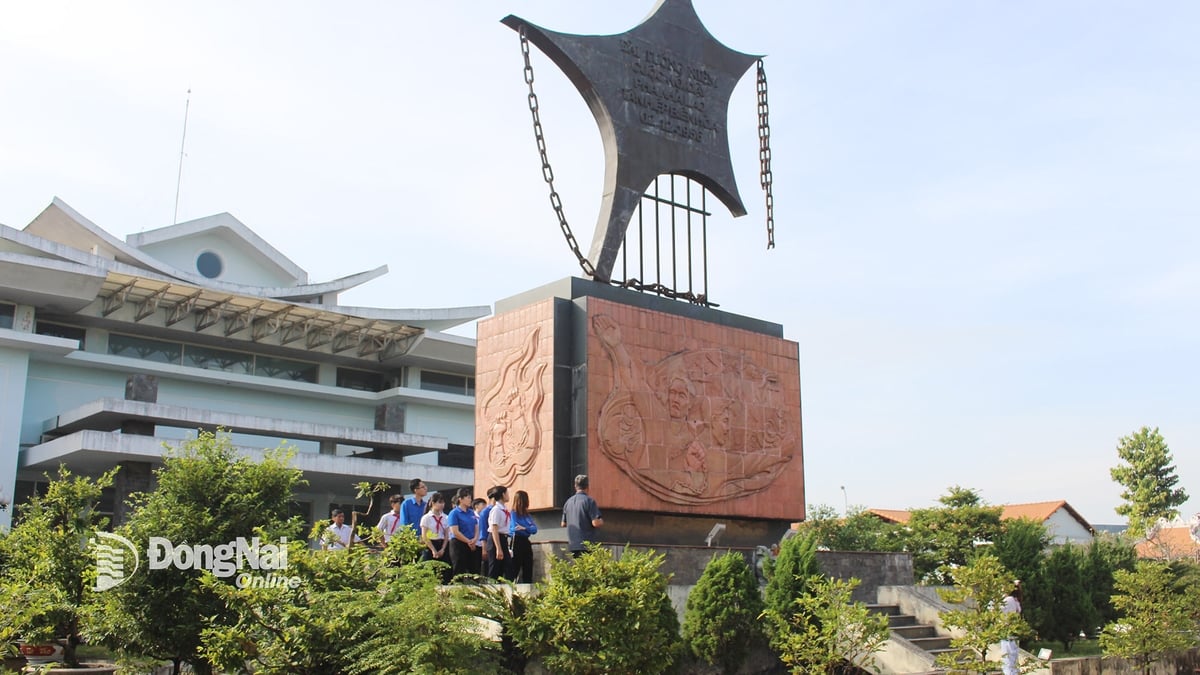










![[Photo] Firmly marching under the military flag: Ready for the big festival](https://vphoto.vietnam.vn/thumb/1200x675/vietnam/resource/IMAGE/2025/8/15/86df2fb3199343e0b16b178d53f841ec)
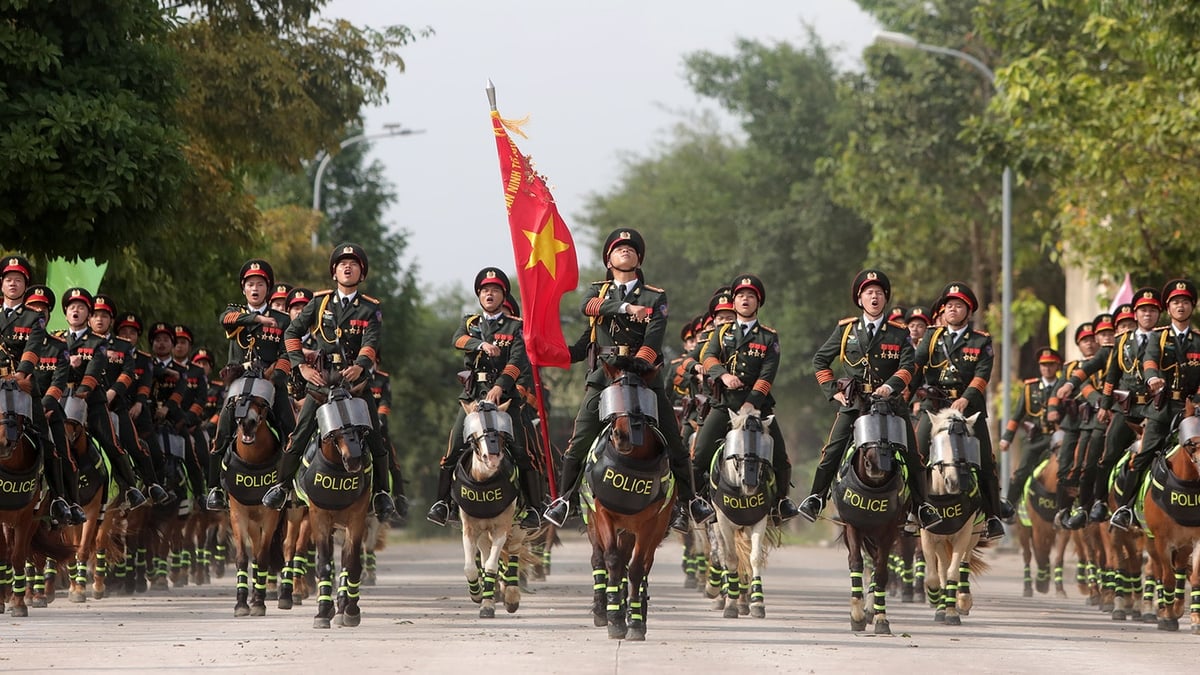
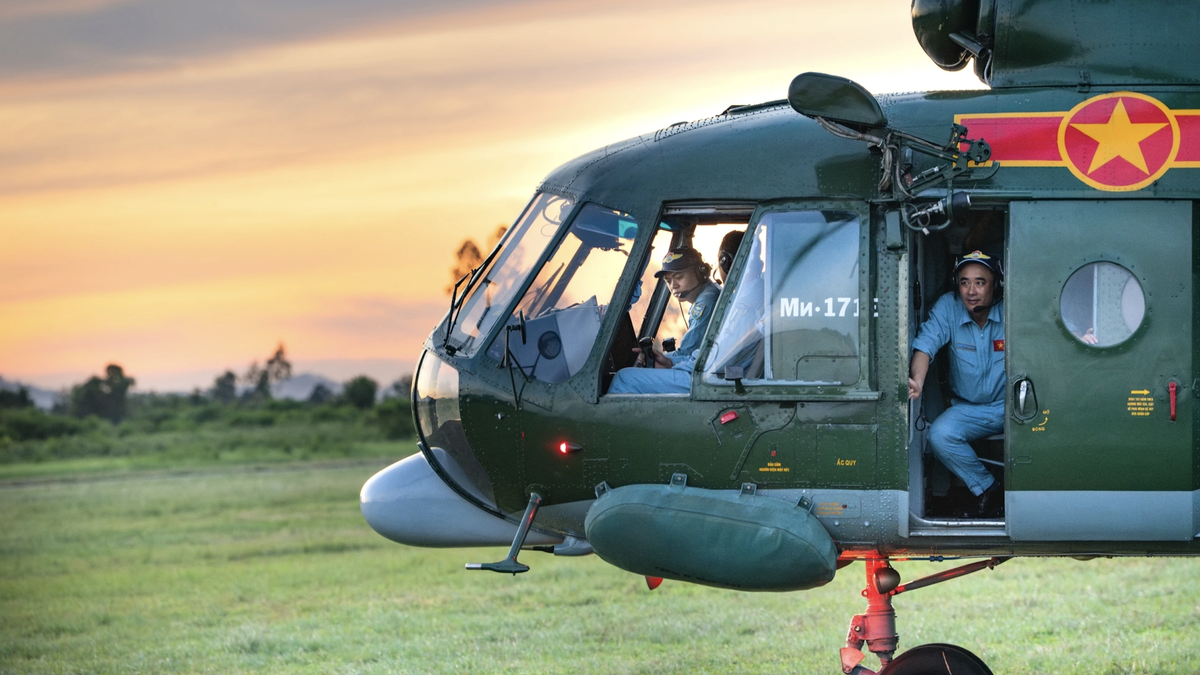
![[Photo] The special solidarity relationship between Vietnam and Cuba](https://vphoto.vietnam.vn/thumb/1200x675/vietnam/resource/IMAGE/2025/8/15/5f06c789ab1647c384ccb78b222ad18e)
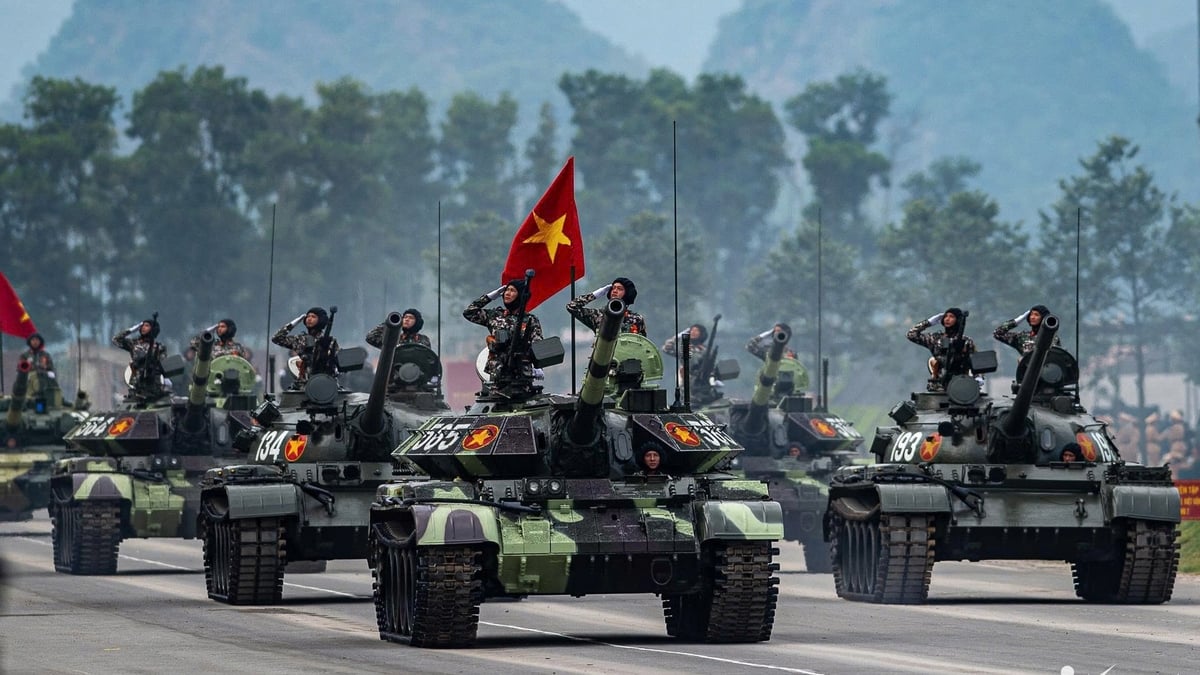
![[Photo] Binh Khanh Bridge Ho Chi Minh City is ready to reach the finish line](https://vphoto.vietnam.vn/thumb/1200x675/vietnam/resource/IMAGE/2025/8/14/b0dcfb8ba9374bd9bc29f26e6814cee2)
![[Photo] Prime Minister Pham Minh Chinh talks on the phone with Cambodian Prime Minister Hun Manet](https://vphoto.vietnam.vn/thumb/1200x675/vietnam/resource/IMAGE/2025/8/15/72d3838db8154bafabdadc0a5165677f)

![[Photo] Prime Minister Pham Minh Chinh attends a special art program called "Hanoi - From the historic autumn of 1945"](https://vphoto.vietnam.vn/thumb/1200x675/vietnam/resource/IMAGE/2025/8/15/c1c42655275c40d1be461fee0fd132f3)



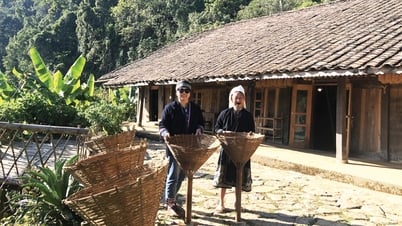












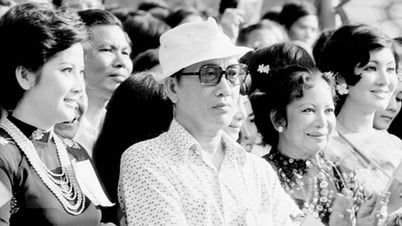





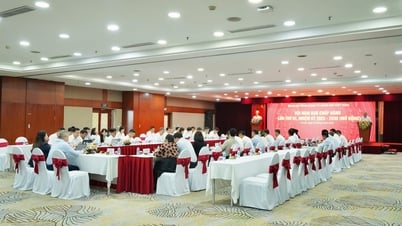


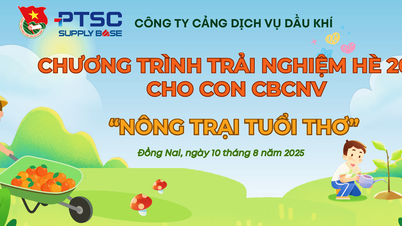


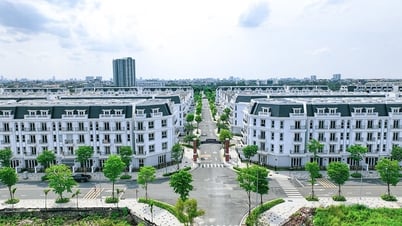


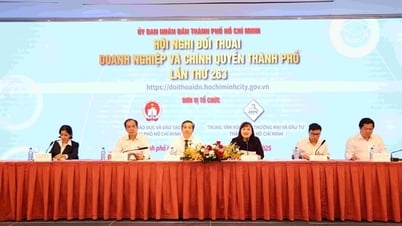

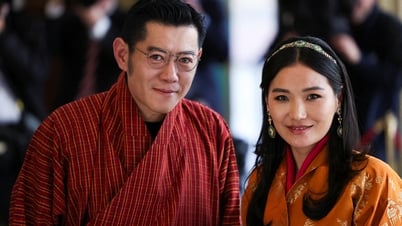

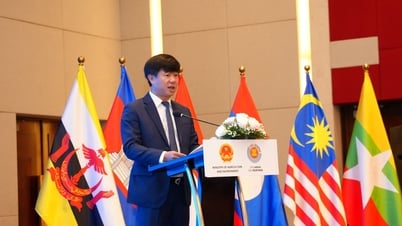
![[Photo] President Luong Cuong receives Finnish Ambassador to Vietnam Keijo Norvanto](https://vphoto.vietnam.vn/thumb/402x226/vietnam/resource/IMAGE/2025/8/15/9787f940853c45d39e9d26b6d6827710)
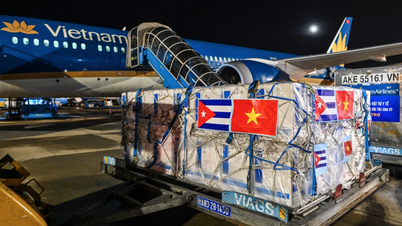

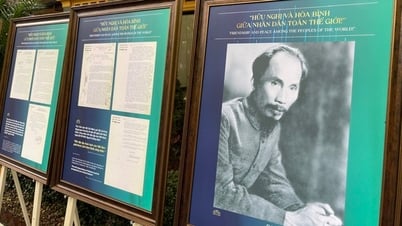

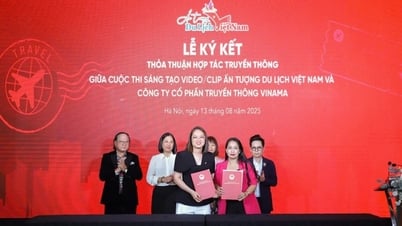
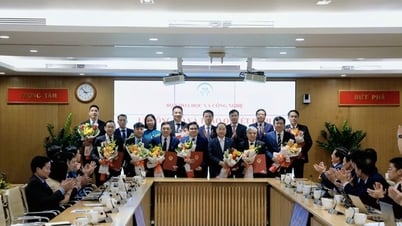

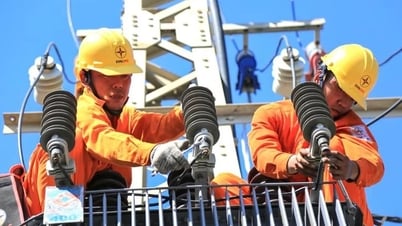

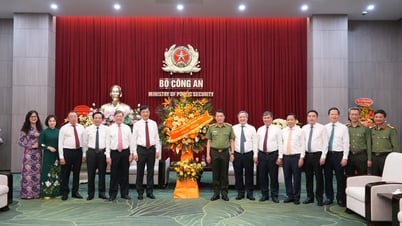























Comment (0)